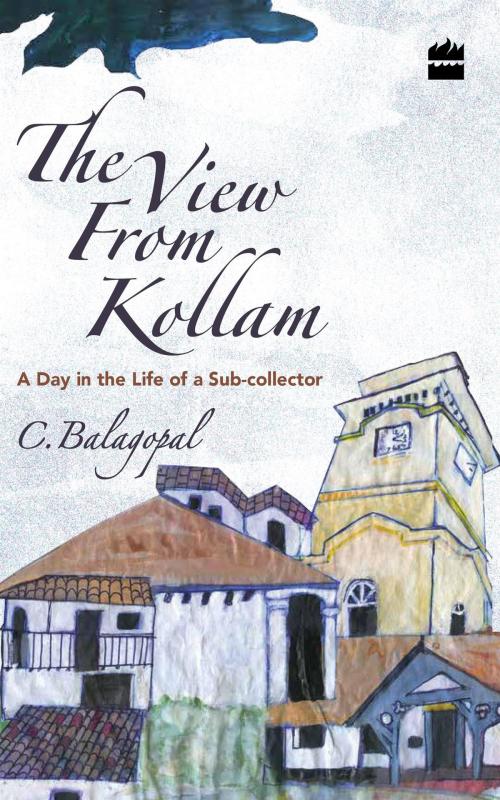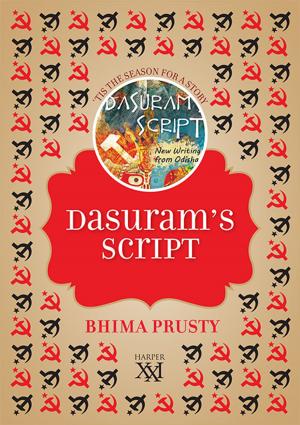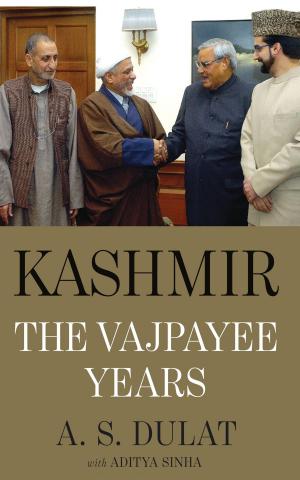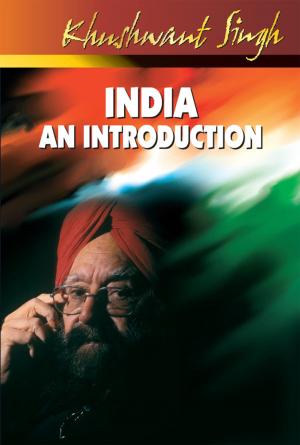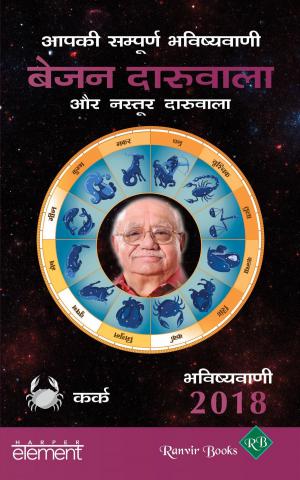The View from Kollam: A Day in the Life of a Sub-collector
Nonfiction, Social & Cultural Studies, Social Science, Sociology| Author: | C Balagopal | ISBN: | 9789351770596 |
| Publisher: | HarperCollins Publishers India | Publication: | June 1, 2015 |
| Imprint: | HarperCollins | Language: | English |
| Author: | C Balagopal |
| ISBN: | 9789351770596 |
| Publisher: | HarperCollins Publishers India |
| Publication: | June 1, 2015 |
| Imprint: | HarperCollins |
| Language: | English |
In his debut book, On a Clear Day You Can See India, C. Balagopal gave an anecdotal account of his early years as a young IAS officer in Manipur. While the stories were about ordinary people, often amusing and sometimes somber, they also dealt with the underlying issues of identity and nationalism never far from the surface in the North East. In his second book, Balagopal continues to regale us with his skills as a raconteur, with his ability to see a story in even the most mundane and everyday occurrences in a small district office. In The View from Kollam, Balagopal recounts stories that dwell on the quotidian events that define the work of a district official in Kollam, Kerala. Amid the rough and tumble of daily work there are tales of processes compromised, the voice of a diligent official silenced and governance crushed. What shines through is Balagopal's earnest belief that given the space for original thought and action at this stage, district administration is key to improving governance in India. After all, the country is too large and diverse to be governed effectively from a distant capital.
In his debut book, On a Clear Day You Can See India, C. Balagopal gave an anecdotal account of his early years as a young IAS officer in Manipur. While the stories were about ordinary people, often amusing and sometimes somber, they also dealt with the underlying issues of identity and nationalism never far from the surface in the North East. In his second book, Balagopal continues to regale us with his skills as a raconteur, with his ability to see a story in even the most mundane and everyday occurrences in a small district office. In The View from Kollam, Balagopal recounts stories that dwell on the quotidian events that define the work of a district official in Kollam, Kerala. Amid the rough and tumble of daily work there are tales of processes compromised, the voice of a diligent official silenced and governance crushed. What shines through is Balagopal's earnest belief that given the space for original thought and action at this stage, district administration is key to improving governance in India. After all, the country is too large and diverse to be governed effectively from a distant capital.
